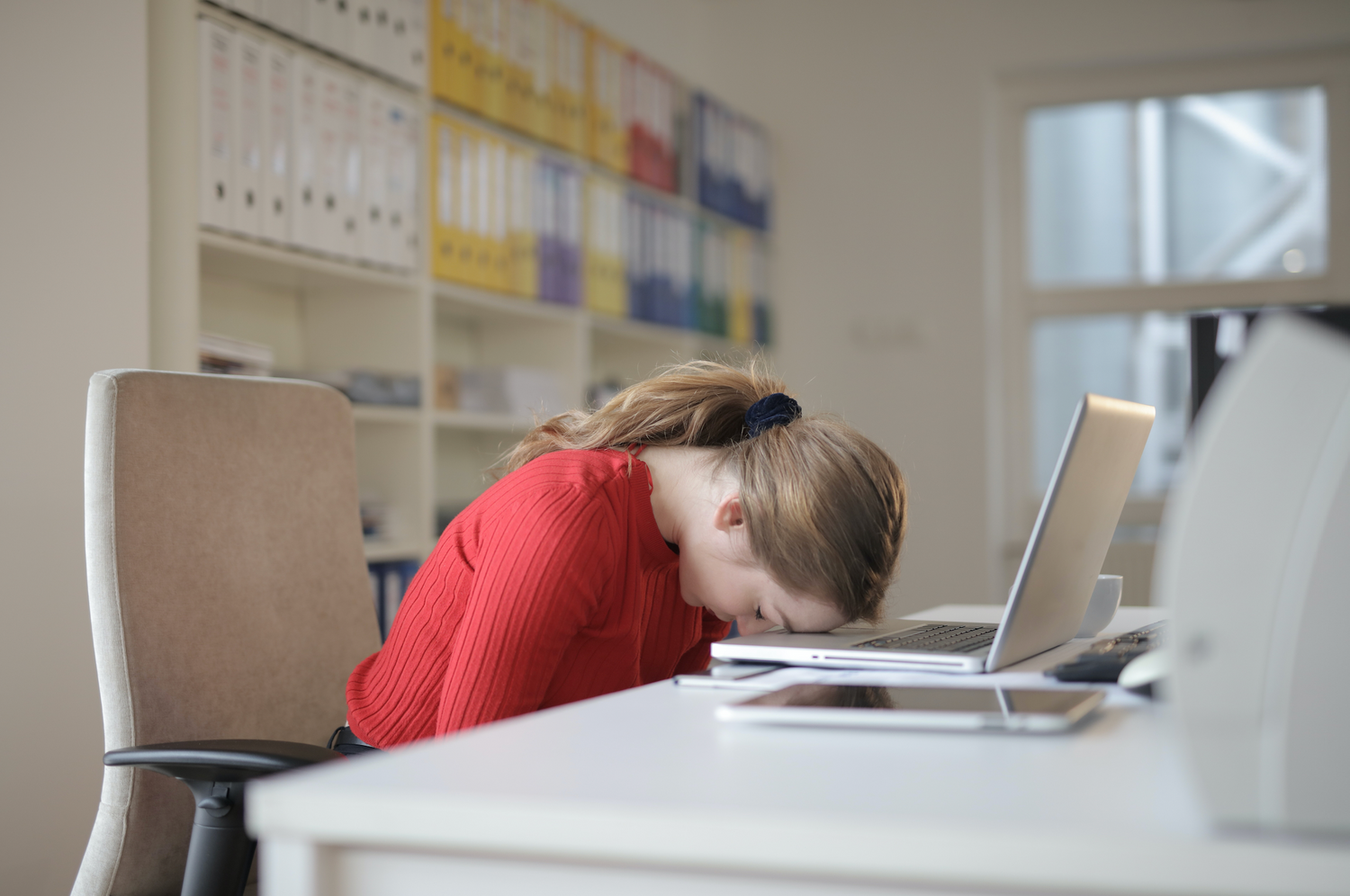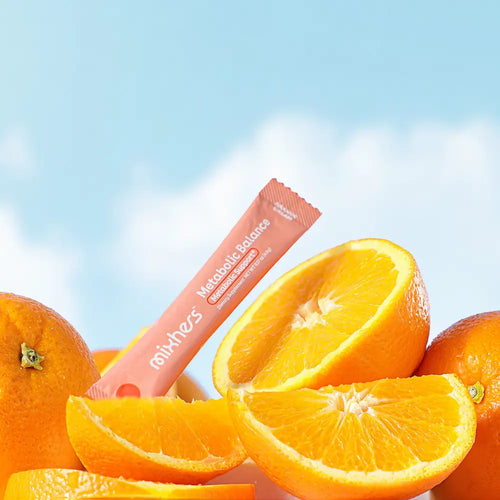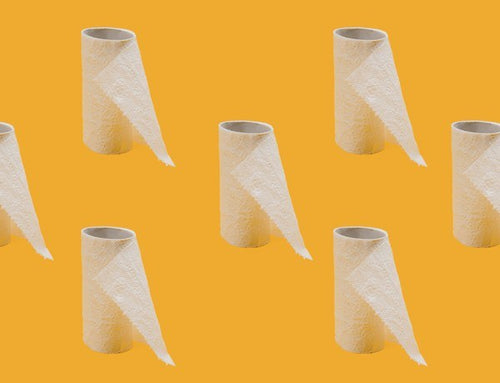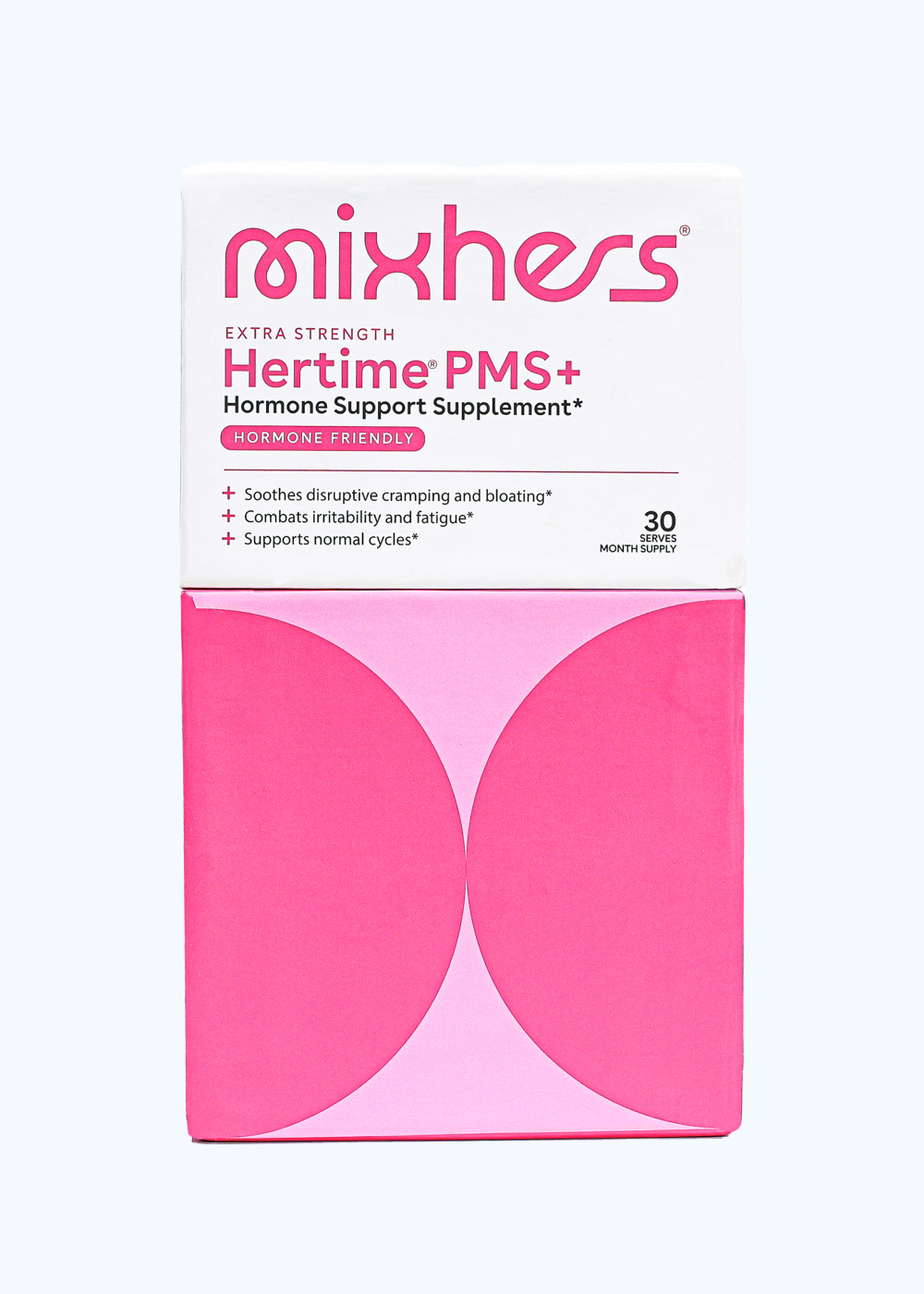Just how much do American adults love starting their day with a cup of coffee? More than their smartphones, clean teeth, and chocolate, according to a survey of 1,000 men and women by McDonald’s. Rather than give up their morning caffeine fix
- 38% were willing to go a day without their phones
- 34% were willing to skip brushing their teeth when in a hurry
- 55% were willing to sacrifice eating chocolate
Clearly, a jolt of caffeine in the morning is more than just a comforting routine for many people — it feels like a necessity. But it’s a habit that comes with consequences. While coffee (or other caffeinated drinks) may feel like “the best part of waking up,” there’s a price to pay later in the day.
Do you ever experience an afternoon energy slump that leaves you feeling lethargic, drowsy, and perhaps irritable? If so, you might be dealing with a caffeine crash, especially if you consume a lot of coffee or other caffeinated beverages in the morning. In this article, we'll explore what causes a caffeine crash, its symptoms, and how you can prevent it.












